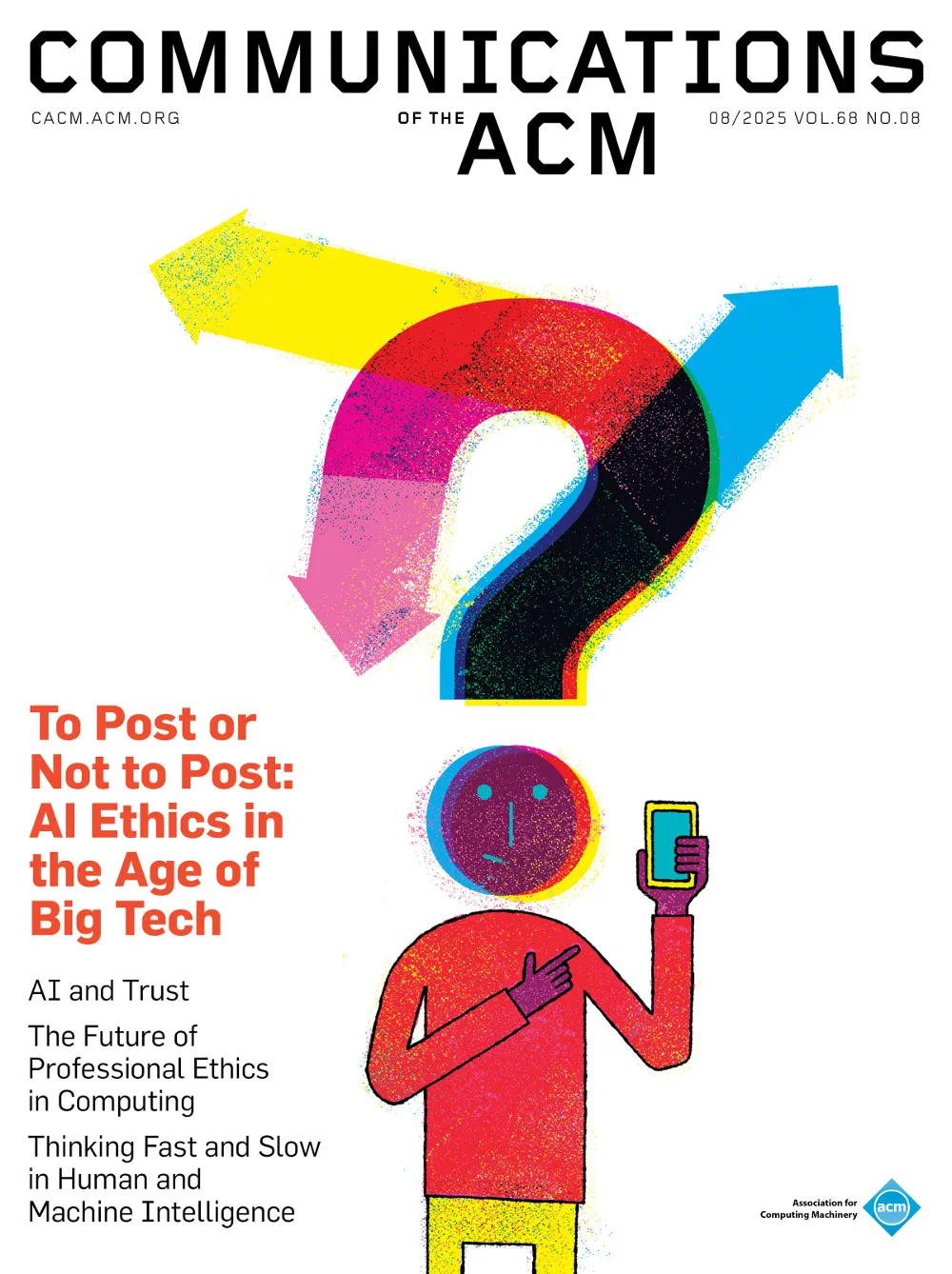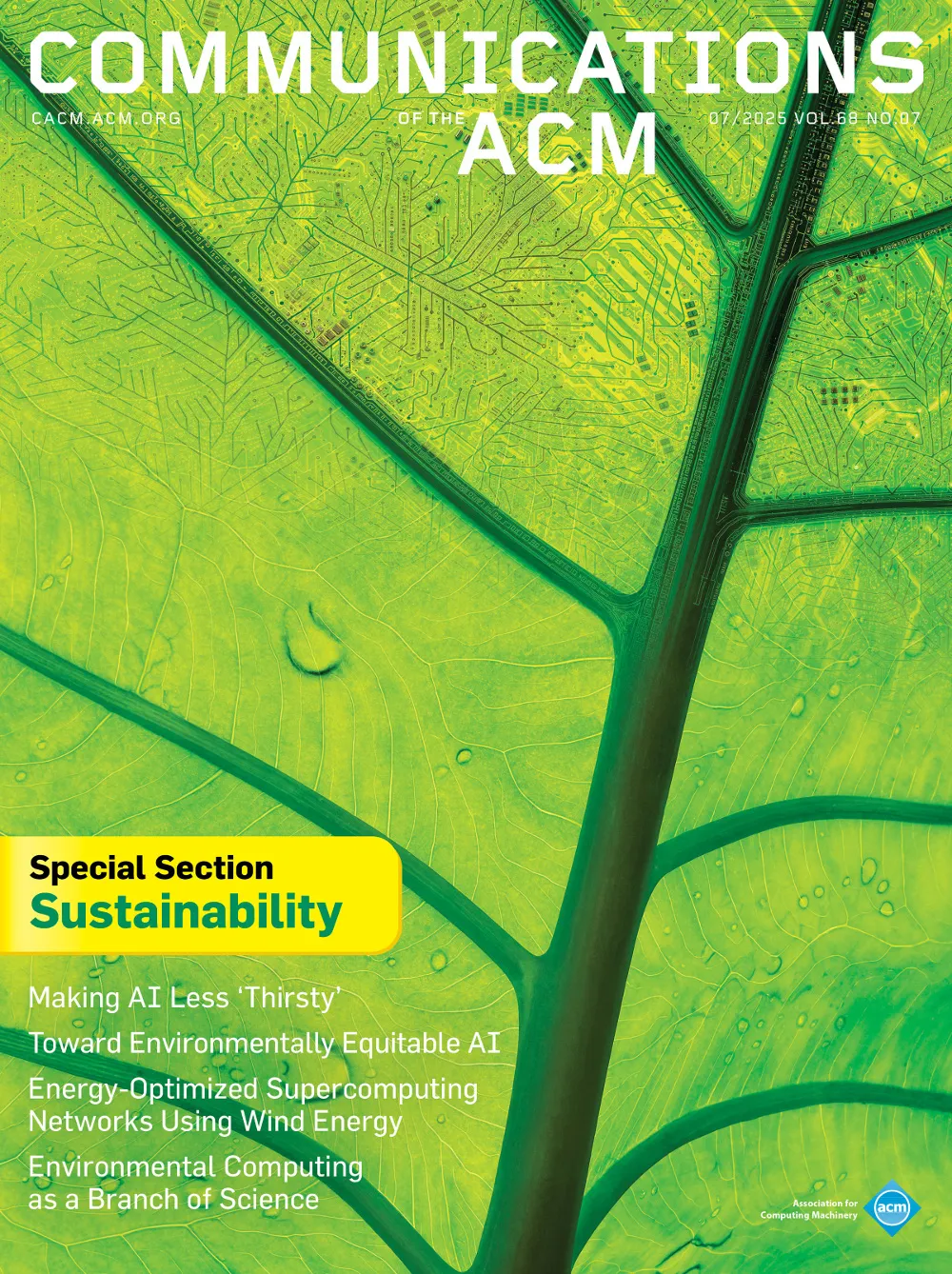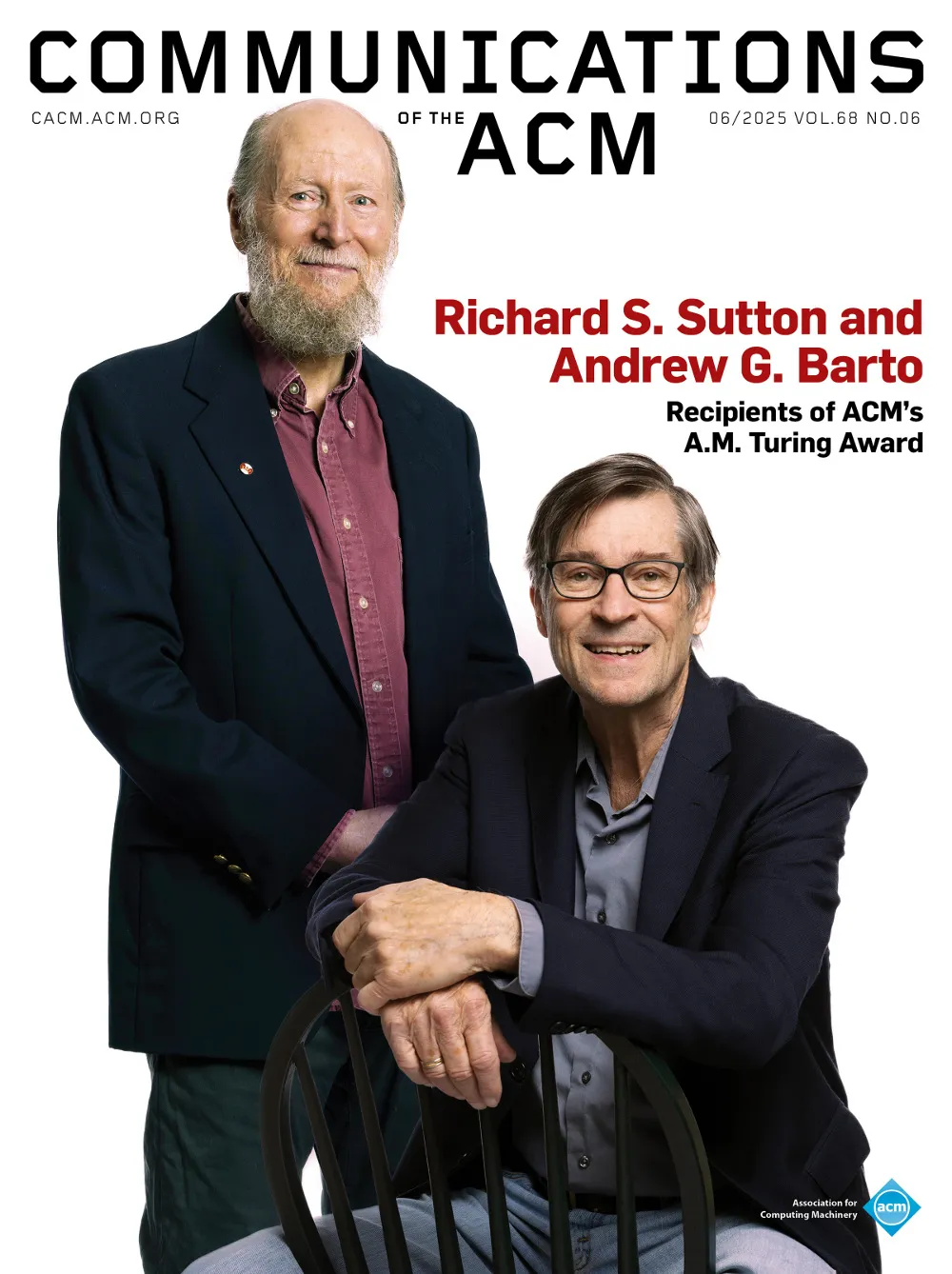July 1988 - Vol. 31 No. 7

Features
KMS: a distributed hypermedia system for managing knowledge in organizations
Developers of hypermedia systems face many design issues. The design for KMS, a large-scale hypermedia system for collaborative work, seeks improved user productivity through simplicity of the conceptual data model.
Reflections on NoteCards: seven issues for the next generation of hypermedia systems
NoteCards, developed by a team at Xerox PARC, was designed to support the task of transforming a chaotic collection of unrelated thoughts into an integrated, orderly interpretation of ideas and their interconnections. This article presents NoteCards as a foil against which to explore some of the major limitations of the current generation of hypermedia systems, and characterizes the issues that must be addressed in designing the next generation systems.
HAM: a general purpose hypertext abstract machine
The HAM is a transaction-based server for a hyper text storage system. The server is designed to handle multiple users in a networked environment. The storage system consists of a collection of contexts, nodes, links, and attributes that make up a hypertext graph. The versatility of the HAM can be illustrated by showing how Guide buttons, intermedia webs, and NoteCard FileBoxes can be implemented using its storage model.
Abstraction mechanisms in hypertext
Abstraction is the means by which information can be stored and retrieved from an information structure at different levels of detail and from different perspectives. As such, abstraction mechanisms in hypertext are interesting to evaluate from a theoretical perspective as they become various first-order logic formulae.
Hypertext and the Oxford English dictionary
Hypertext databases can be produced by converting existing text documents to electronic form. The basic task in conversion is identification of fragments. We illustrate that this is not always a straightforward process with an analysis of the Oxford English Dictionary.
Searching for information in a hypertext medical handbook
Medicine is an ideal domain for hypertext applications and research. Implementing a popular medical handbook in hypertext underscores the need to study hypertext in the context of full-text document retrieval, machine learning, and user interface issues.
Fourth annual UCLA survey of business school computer usage
The Fourth Survey is based upon data from 128 AACSB-accredited business schools. It provides a wide variety of information to deans and others involved in making computer related strategic decisions, resource allocations, and program plans.
Retraining teachers to teach high school computer science
The national trends regarding the retraining of secondary school teachers in a computer science discipline are examined. Recommendations and guidelines are offered in this ACM/IEEE Task Force report.



